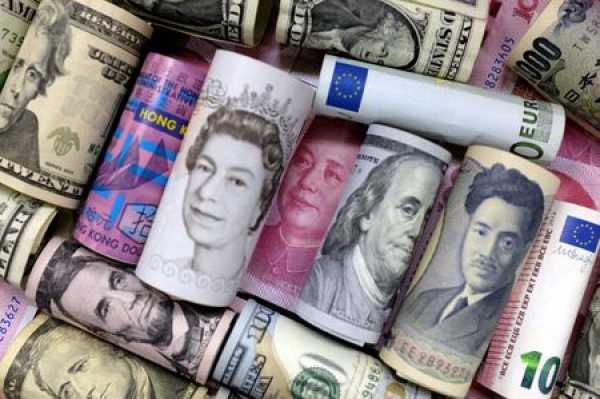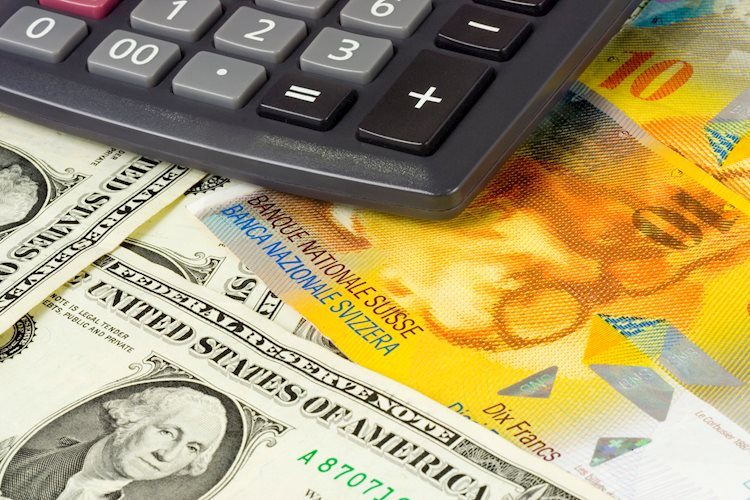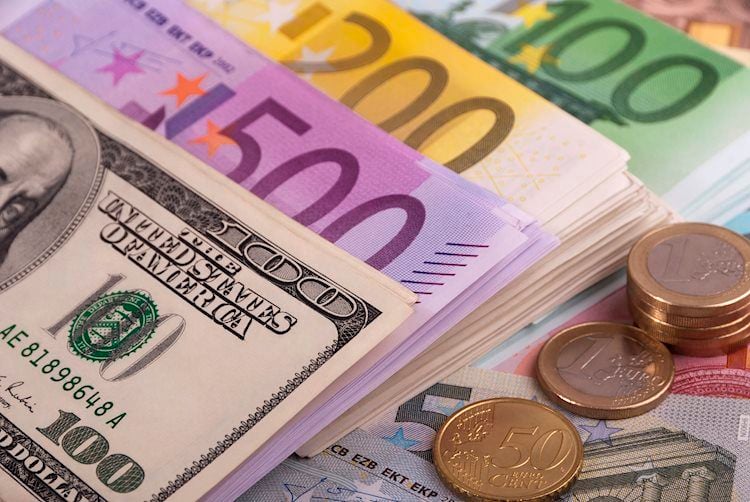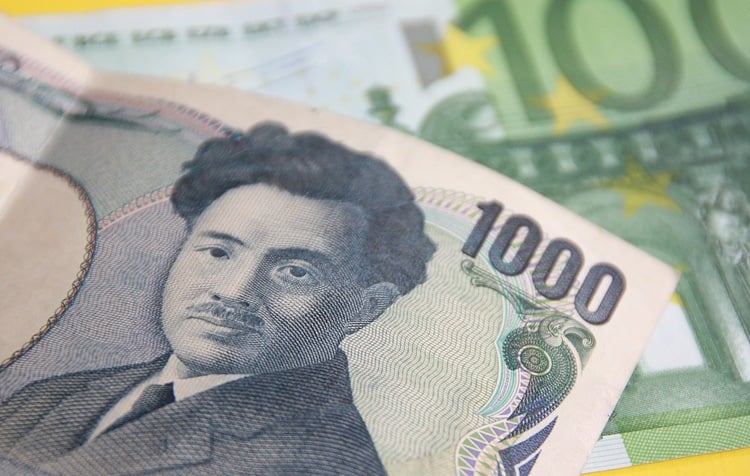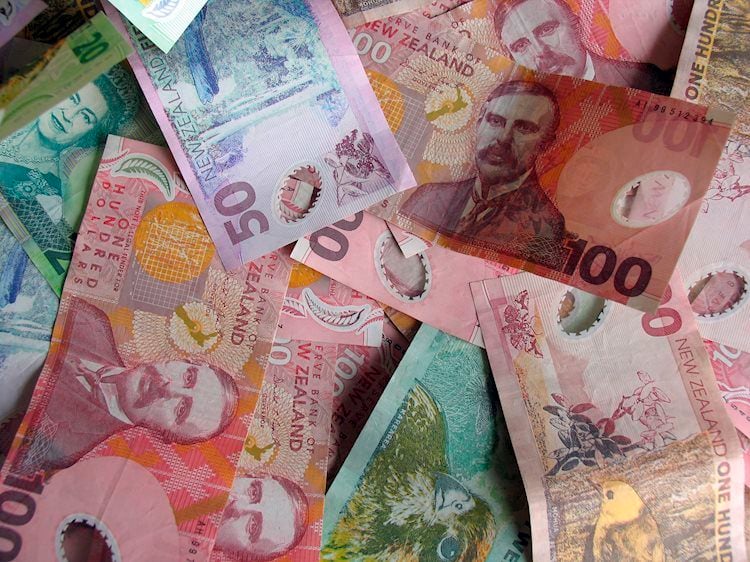Bonds have rallied this week, with 10-year U.S. Treasury yields falling as much as 20 basis points to a February low, while stocks have taken a beating around the world amid growing fears that the fast-spreading Delta variant of COVID-19 could derail a recovery that is already showing signs of weakness.
“The market discourse has obviously shifted from transitory inflation to transitory recovery,” said Swissquote Bank SA strategist Ipek Ozkardeskaya.
While perceived safe-haven currencies such as the yen and the Swiss franc fell 0.2 percent against the dollar in early London trading, the yen remained on course to gain 0.9 percent this week, its greatest weekly gain since early November 2020.
The dollar index recovered some of its 0.36 percent loss on Thursday, rebounding less than 0.1 percent to 92.454. It reached a three-month high of 92.844 on Wednesday.
Due to a global rise in coronavirus infections, broader sentiment remained weak, and stay-at-home orders in Sydney, Australia’s most populous city, tightened even more. Cases were likewise on the rise in the United Kingdom.
The Australian dollar fell 0.2 percent to $0.74175 after hitting a new low for the year at $0.7410. On Thursday, it lost 0.7 percent of its value.
The kiwi fell 0.1 percent to $0.69365, dipping as low as $0.6923, matching its lowest level since November. In the previous session, it had dropped more than 1%.
The euro maintained most of its overnight gain of 0.45 percent, dropping less than 0.1 percent to $1.18355.
Check out our economic calendar for a complete list of today’s economic happenings.
(Saikat Chatterjee contributed reporting, and Nick Macfie edited the piece.)/n
